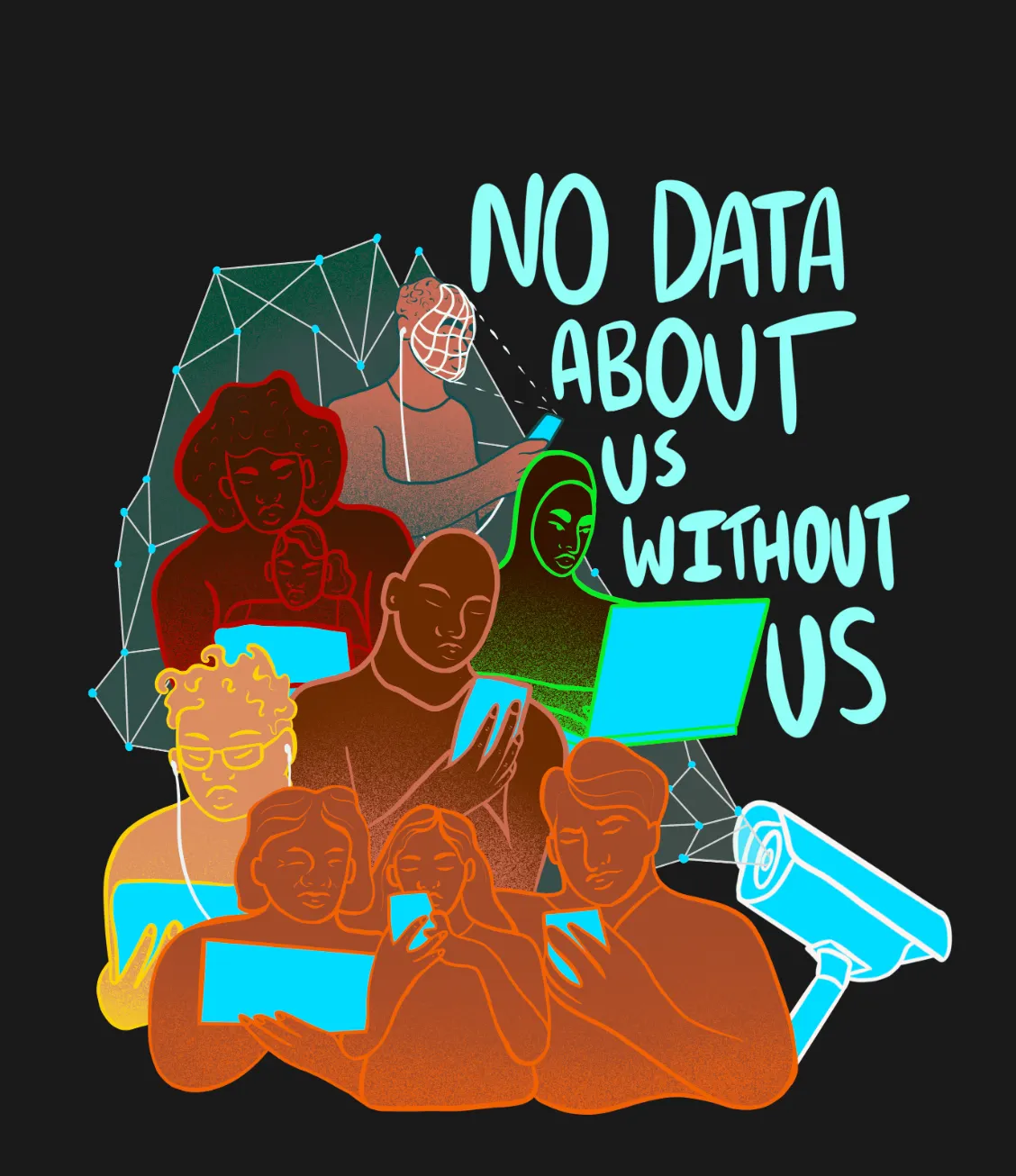Geneva, the City Where Spies are Welcome
International Geneva, as we call the cluster of foreign delegations and international organizations massed on the beautiful shores of Lake Geneva, hides a dark side.

Photo by Mathias Reding for UNSPLASH
Who, walking by the fenced park of the United Nations in Geneva and looking at the high-level diplomats accredited to enter the immense buildings, has never wanted to put themselves into their fancy shoes and experience the important lives they have? Well, do not be fooled by the shiny appearances. International Geneva, as we call the cluster of foreign delegations and international organizations massed on the beautiful shores of Lake Geneva, hides a much darker side.
Although involved parties and the Swiss authorities try to hide it under the carpet, espionage among nations is a standard practice in Geneva. Sometimes, revelations of mysterious events pierce through the veil of secrecy. Stories of Chinese agents following dissidents inside the UN buildings, of Kazak opponents complaining about cyberattacks and tracing, or of a convicted Russian spy dying in unexplained circumstances when returning to his homeland have caused stirs in the local press.
The most important revelations so far were made public by Edward Snowden in 2013. Snowden, who at the time worked for the American National Security Agency (NSA) and the Central Intelligence Agency (CIA), revealed to the public the extent of American surveillance across the world. In Geneva, where he was deployed under diplomatic cover between 2007 and 2009, he worked in one of NSA’s 80 listening stations spread over the globe. There, using cutting-edge espionage technologies, such as hidden satellite antennas for radio waves interception, he helped monitor the movements of people and organizations of interest to the USA intelligence services. Anyone within International Geneva, as well as Swiss institutions was under the American eye. Among the highest-profile surveillance targets under his scrutiny in Geneva were the International Atomic Energy Agency (IAEA), the International Telecommunication Union (ITU), World Trade Organisation (WTO) and Swiss banks.
What was the political reaction to revelations of this massive scale of unauthorized activities conducted on Geneva’s soil?
“Unsurprising” and “credible.” Was action taken to remove the antennas from the roof of the American embassy? They are still there, a decade later.
What explains the inaction of the Swiss state?
On the cantonal level, Geneva has a vested interest in pampering the high-profile international community meeting in its city. Some have called International Geneva a “business model,” and the canton’s statistics report that each year international organizations alone spend around 3.5 billion Swiss francs. On the federal level, the importance of the international platform in Geneva for Switzerland’s diplomacy and international clout is too important to be risked and must be preserved at any cost, even that of ethics.
How is this inaction allowed?
Impunity must be backed by something solid enough for the authorities to legitimize the absence of any sanction when espionage scandals emerge. The first and most important legal arrangement in this context is the 1961 Vienna Convention on Diplomatic Relations. This UN treaty established the immunity of diplomatic agents and the inviolability of the diplomatic mission’s facilities under international law. This means that foreign diplomats in Switzerland are not accountable to Swiss law and Swiss authorities never have the right to search the buildings, archives or electronic devices of foreign diplomats. As a result, if Swiss authorities had wanted to take any punitive action against American surveillance, for instance, their only resort would have been to make the American diplomats persona ingrata expelling them out of the country. Considering the importance of the American presence for the International Geneva business model, this was unthinkable. The Vienna Convention, however, only applies to foreign national delegations. In Switzerland, International Organisations are under another regime, namely the 2007 Host Act, under which they have the possibility to sign an agreement with the Swiss Confederation to have somewhat similar immunities and privileges as diplomatic missions.
Besides legal explanations for the impunity of espionage in International Geneva is the laissez-faire attitude of both the cantonal and the federal governments, which seem to be prioritizing economic interests over ethical concerns. Although every time a new story emerges, provoking parliamentarians in Bern to call for an investigation, the Swiss authorities never take a strong stance and just wait for the outrage to die down. It might be argued that Switzerland goes a step beyond neutrality and tolerates certain espionage activities. For instance, although denied by the authorities, reports of a secret agreement to allow Chinese intelligence agents to act freely on Swiss ground have been published.
Why should the residents of the city of Geneva care about espionage?
It might appear that what happens in International Geneva has nothing to do with the locals. But it does for two reasons: First, espionage is ethically wrong. Surveilling an individual’s every single move without them being aware is a breach of the right to privacy. By tolerating the widespread espionage operations in their city, the inhabitants of Geneva are indirectly supporting this questionable practice. Second, illegal surveillance practices in International Geneva also goes against the locals’ own interest. Indeed, Snowden revealed that private banks and the number one telecommunication company of the country, Swisscom, were also regular targets of American espionage. Thus, anyone with a bank account or a subscription with Swisscom is potentially in some American espionage database.
To be clear, the Americans are not the only ones practicing espionage in Geneva. Most of the other delegations probably do so as well but because of the opacity of the practice, we do not know exactly its extent. As a result, the potential consequences of espionage in International Geneva on the city’s locals but also on other people all around the world are unknown. In any case, they are harmful and should be stopped.
What is the attitude of the local inhabitants of the city of Geneva regarding all the espionage happening in their city?
If the public is aware of these questionable activities, it does not seem to perceive them as important enough to demand action from the authorities. Do the citizens and their local and federal governments value the business and the prestige brought to their city by its international activities so much as to be willing to sacrifice ethics and the rule of law in International Geneva? Are they scared of threatening the economically favorable status quo by trying to tighten the rules?
These questions remain open but should be answered. To do so, a general citizen discussion about espionage in the city and in the country more generally should take place. Ethics and locals’ interests have to be weighed against economic and geopolitical concern. In the end, the citizens of Geneva specifically and of Switzerland in general should make an informed choice about the position to be taken in the face of the current massive espionage operations taking place in Geneva.
Jeanne Cordy is a master’s candidate in International Development at the Graduate Institute for International and Development studies in Geneva. Fascinated by everything global, her research interests go from environmental protection all the way to global security. During her time at Edgelands Institute, she has been focusing on the impact of digital security technologies and their impacts on the social fabric of the city of Geneva.



